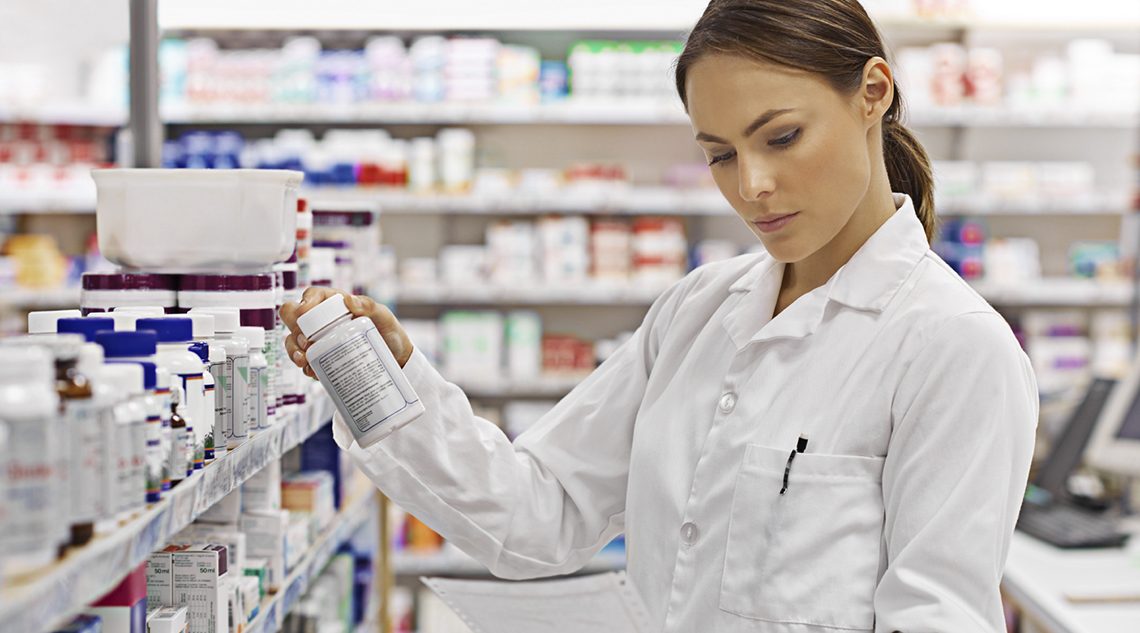I hate coffee. I can’t stand the smell of it, sight of it, or how it burns your tongue every time you take a sip. Maybe I’m a bit biased. Maybe a story will explain.
This story took place in 2012 while on my senior class trip in Naples, Florida. Many of my friends adore the black beverage, so one morning we stopped by a local shop. The whole place was permeated with that distinctive, dark, rich aroma. Tropical art hung on the walls, colored with intricate native-style patterns. After glancing over the options, reading through the toppings, and scanning the assortment of fresh-baked muffins, I asked for a Cappuccino. The barista handed me a small white cup, warning me the inside was very hot.
Personal pain
I won’t leave you in suspense—the coffee tasted rancid. Despite my best attempts to sip only a small amount, my tongue still burned. And this is Naples’ best coffee?? Nevertheless, I sipped through the pain. After all, I couldn’t stand the thought of letting $6 go to waste.
After getting our coffee, my friends and I decided to play sand volleyball on the beach. As the game developed, I began to feel sick. I left the game and ran toward the parking lot. Arriving at the sandy floored public restrooms, I vomited into a nearby toilet. There goes my coffee, I thought. After a few minutes I felt better, so I returned—after washing my hands—to playing volleyball.
Soon, my head started itching. Then my ears. Then my neck, chest, arms, and stomach. Like a million mosquito bites, I developed hives from the crown of my head down to my thighs. My mind raced. What’s happening to me? As I sorted through the options, I remembered: The coffee…there must have been nuts in the coffee!
Now before you think I’m nuts, I should probably tell you something: I am severely allergic to many nuts. Also, hazelnut and almond flavorings are common coffee additives. Thus, I reasoned it was quite likely my coffee had been contaminated. I found my fanny pack and swallowed a huge gulp of Benadryl. (If you’ve never tasted it before, I hope you like cherry.)
Within half an hour, nearly all the hives reduced in size. However, it’s important to go to an emergency room if you experience a systemic reaction, so I went. While there, I received a wonderful little shot of methylprednisolone in my rear. It still aches from time to time; especially when it’s about to rain.
Think it through
There are two points to be learned from this experience: first, if you’re allergic to nuts, be careful around coffee. But even more important, I learned that drugs can be the best thing on earth. Were it not for Benadryl and methylprednisolone, my allergic reaction could have been prolonged and more severe. In situations of dire need and acute onset, pharmaceuticals are indispensable to successful outcomes. Often, there are simply no other options.
However, many people are beginning to recognize our nation’s overdependence on antibiotics. From the NIH and Mayo Clinic here in America to the BBC overseas, more and more organizations are recognizing the global nature of drug overuse. This abuse takes on many forms, including administering antibiotics en masse to livestock, using left-over medications, and taking medicines to treat viral ailments. Did you know it’s useless to use antibiotics to treat the common cold, bronchitis, and most coughs and sore throats?
In addition, drug overuse often depletes the natural and beneficial bacteria living in your gut. These bacteria are the focus of continuing research, but recent studies have discovered that they influence obesity, diabetes, and even early growth in babies. Only the future will tell how important these versatile micro-biomes are, as research into this field is still fairly new and much is still to be learned.
The balanced approach
I believe the answer to our nation’s health problems can be found in a balanced approach. I have heard many people rail against so called “drugs,” but to stop their use would mean imminent disaster. Despite overuse, we should not—and cannot—eliminate pharmaceuticals and antibiotics from our healthcare system. However, we cannot expect to live long, happy lives by simply treating conditions and diseases as they come. A static approach that does not concern itself with lifestyle and prevention will find itself crushed by the weight of chronic—and preventable—diseases it must treat.
“The United States will not be able to treat its way out of the obesity epidemic,” wrote the authors of a recent Harvard public health study.
If we aim, as a population, to live happier, healthier lives, we will not be able to do so solely through medication.
We must practice actually living healthy lives.
Take my story for example. Had I been more careful about my own diet, I wouldn’t have needed a stick in the bum. Sure, the drugs worked, but I would’ve preferred not going through the whole experience of getting sick, throwing up, and looking like the Thing from the Fantastic Four movies. The whole experience could have been avoided had I been more intentional about my choices.
Next time, I’ll just get the muffin.
—
David Deemer is a Biomedical Science major attending Union College in Lincoln, Nebraska. His professional interests center around optimizing the U.S. healthcare system through increased advocacy for and implementation of lifestyle and preventive medicine. In his spare time, David enjoys reading, playing tennis, listening to classical and folk music, and spending time with his fiancée, April.










